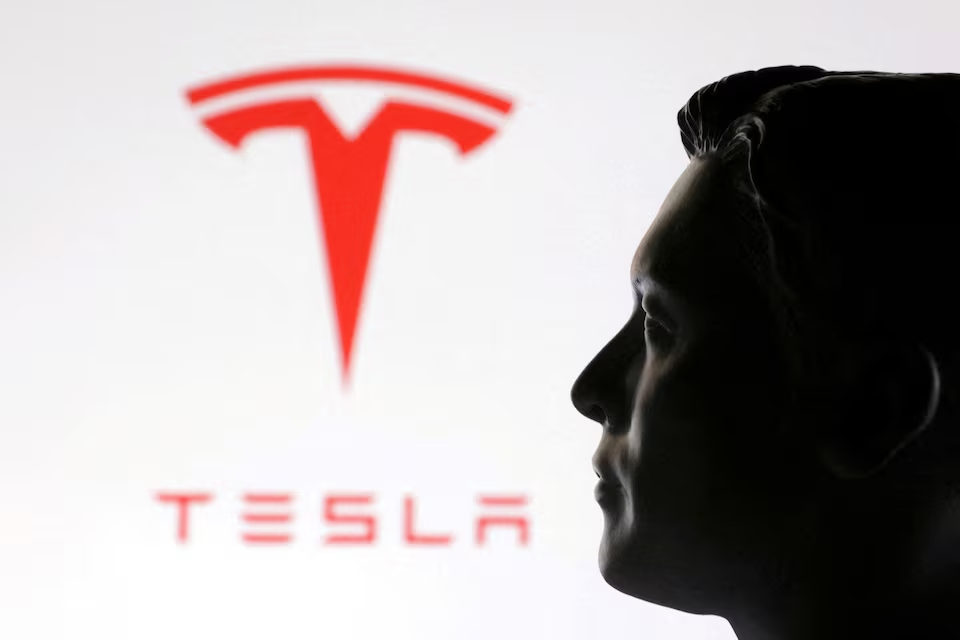United States – The sharp rift between Elon Musk and Donald Trump is more than a personal or partisan dispute—it’s a geopolitical signal. As the U.S. grapples with domestic tensions over EV subsidies and federal contracts, Asia is watching closely, weighing the implications for regional supply chains, investor confidence, and bilateral tech cooperation.
Tesla’s shares rebounded modestly after a historic $152 billion market value loss, triggered by Trump’s threat to slash federal incentives and potentially terminate government contracts with Musk-led companies. But the deeper issue is the strategic uncertainty now facing the EV industry—a sector where Asia holds key levers in manufacturing, rare earths, and battery innovation.
Trump’s opposition to the $7,500 EV tax credit, which is central to U.S. electric vehicle adoption, may upend demand forecasts and influence global investment strategies. Musk, who had previously aligned himself with a pro-business Republican stance, now finds himself politically isolated—raising questions about the stability of American EV policy ahead of 2026 elections.
For Asia-based policymakers and industry players, this signals three emerging concerns:
1. Policy Whiplash in the U.S.
If the U.S. rolls back EV incentives, Asia’s EV-exporting economies—particularly China, South Korea, and Japan—could face reduced market appetite. These countries have heavily invested in battery production and EV assembly geared toward the North American market.
2. Supply Chain Recalibration
With Tesla at the center of a political firestorm, suppliers across Asia—from chipmakers in Taiwan to lithium producers in Australia—may re-evaluate exposure to a single OEM. Musk’s pivot to robotaxis and AI-driven vehicle platforms also signals a move toward higher-tech, lower-volume production, with potential ripple effects on component demand.
3. ASEAN’s Strategic Opportunity
In this vacuum, Southeast Asia—especially Thailand, Indonesia, and Vietnam—could gain relevance by offering regulatory stability and alternative manufacturing bases. Countries with FTAs and green industrial policies may emerge as beneficiaries if Tesla or other OEMs seek to hedge geopolitical risks.
China, meanwhile, is likely to interpret this rift as validation of its dual-circulation strategy. By focusing on domestic EV demand and tightening control over rare earth exports, Beijing may further insulate itself from Western volatility—while courting global automakers with market access and subsidies.
“This isn’t just a Trump–Musk drama. It’s about global alignment on green tech, and Asia must prepare for more fragmented trajectories,” said a senior trade official in Singapore.
As political risk becomes inseparable from industrial planning, the EV race is no longer just technological—it’s diplomatic. The Asian response to this unfolding dispute will shape how resilient and independent the region’s EV ecosystem can become in a multipolar, post-globalization era.
With the world’s richest man and its most controversial political figure at odds, Asia must look past the headlines—and prepare for structural realignments.






